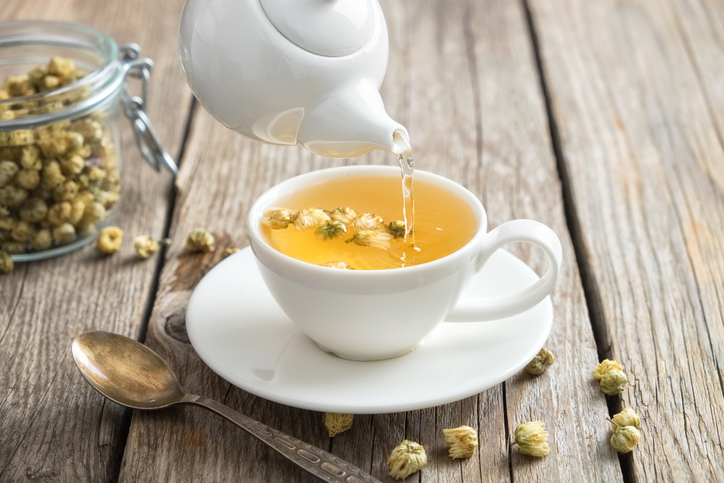Embrace the Change: The Best Herbal Teas for Perimenopause and Menopause Support

As women transition through the stages of perimenopause and menopause, they often seek natural remedies to alleviate symptoms like hot flashes, mood swings, and sleep disturbances. Herbal teas can be a comforting and effective way to support the body during this time. In this blog post, we’ll explore some of the best herbal teas for perimenopause and menopause, their benefits, and how to incorporate them into your daily routine.
Understanding Perimenopause and Menopause
Perimenopause is the transitional phase leading up to menopause, characterized by hormonal fluctuations and changes in menstrual cycles. Menopause is confirmed after 12 consecutive months without a menstrual period. Symptoms during these stages can vary widely but often include hot flashes, night sweats, fatigue, and mood changes.
The Benefits of Herbal Teas
Herbal teas have been used for centuries to promote health and well-being. They are caffeine-free, rich in antioxidants, and can be a soothing part of your daily routine. For women experiencing perimenopause and menopause, certain herbal teas can offer targeted support.
Top Herbal Teas for Perimenopause and Menopause
Red clover contains phytoestrogens, plant-based compounds that mimic estrogen in the body. This can be particularly helpful in alleviating hot flashes and maintaining bone health. Sipping on red clover tea may also support cardiovascular health during menopause.

Chamomile is renowned for its calming effects. It can help reduce anxiety and promote better sleep, making it a great choice for women facing mood swings and insomnia during menopause. A warm cup of chamomile tea before bed can be a simple yet effective bedtime ritual.
Peppermint tea is well-known for its refreshing flavor and soothing properties. It can help relieve headaches and digestive issues, which some women encounter during menopause. Additionally, the menthol in peppermint may provide a cooling effect, potentially easing hot flashes.
Sage has been used traditionally to help with menopausal symptoms, particularly hot flashes and night sweats. Its antioxidant properties may also support overall health.
Ginger tea is not only delicious but also anti-inflammatory. It can help alleviate nausea, digestive issues, and inflammation, which can be beneficial during menopause.
Lemon balm is known for its calming effects, making it a great choice for alleviating anxiety and promoting sleep. It is also believed to help reduce hot flashes.
Flashes Blend is a cooling and slightly astringent infusion blend helpful in soothing those hot “power surges” often associated with menopause. This herbal tasting tea is also useful for anyone feeling hot or overwhelmed. Brew up a pot and sip as needed or refrigerate to enhance the cooling effect.
How to Incorporate Herbal Teas into Your Routine
Morning Ritual: Start your day with a cup of peppermint tea or Flashes Blend to boost energy and focus.
Afternoon Relaxation: Enjoy a soothing cup of chamomile or red clover tea during a mid-afternoon break.
Evening Wind-Down: Unwind with lemon balm or chamomile tea to prepare for a restful night’s sleep.

Tips for Choosing the Right Herbal Tea
Quality Matters: Opt for organic, high-quality teas to ensure you’re getting the purest ingredients without pesticides or additives.
Research Benefits: Look into the specific benefits of each herb to match your needs, such as relief from hot flashes or improved sleep.
Check Ingredients: Read labels carefully to ensure there are no unwanted additives or allergens.
Consult a Professional: Speak with a healthcare provider, especially if you have health conditions or are on medication, to ensure the herbs are safe for you.
Consider Blends: Some teas come in blends that combine multiple herbs for synergistic effects that might better suit your needs.
Listen to Your Body: Pay attention to how you feel after drinking the tea and adjust your choices accordingly.

